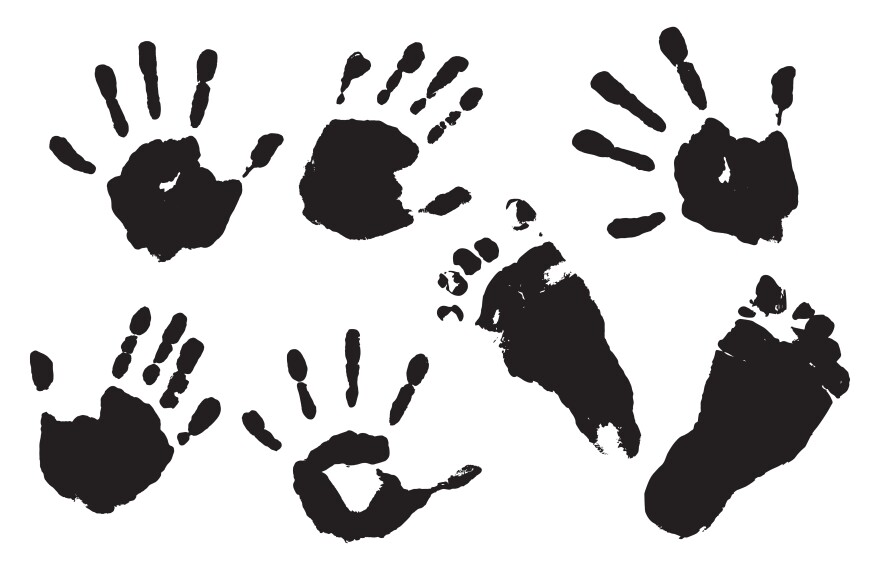Last week the Leon County Sheriff’s Office announced the arrests of 13 men for child sex crimes. The busts prompted an advocate for trafficking victims to speak out.
It was a sting operation with undercover officers posing as minors. One man was traveling to meet someone he thought was the mother of an 11-year-old girl. He planned to pay the mother so he could have sex with her daughter.
Robin Hassler Thompson is executive director of the Survive and Thrive Advocacy Center, which serves victims of sex and labor trafficking. She says the case is consistent with what she sees as an increase in people being trafficked by a family member or caregiver.
“I think that, also, because trafficking has been so hidden for so long," she said. "We’re doing more work on it. More things are coming out that have always been there, but they’re just more to the front instead of being hidden.”
She suspects the economic upheaval posed by the Covid-19 pandemic could be playing a part.
“I think that increased substance use and abuse makes for desperate circumstances for many people," she said. "That’s why there are those stories of parents giving their children to pimp-traffickers to help them sustain their drug habits.”
In 2017, the U.S. Department of State estimated that 41 percent of child trafficking experiences are facilitated by family members and/or caregivers.
***
Wednesday, June 12, 11:30 a.m.-1:30 p.m.
The Survive and Thrive Advocacy Center, along with the Wakulla Department of Health and Wakulla County Coalition for Youth, is hosting a community meeting to discuss human trafficking.
Wakulla County residents are encouraged to attend the meeting, to be held Wednesday, June 12, 11:30 a.m.-1:30 p.m., at the TCC Wakulla Center, 2932 Crawfordville Highway. Local experts will be discussing how to spot human trafficking, according to a news release.
“Human trafficking isn’t an issue that only happens in large cities,” Hassler Thompson said. “It’s a daily reality in our rural areas, too. Fewer services and support systems are available to victims, and traffickers may be familiar faces.”





